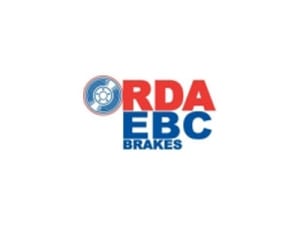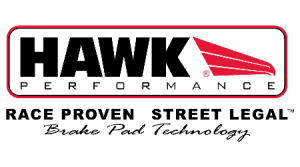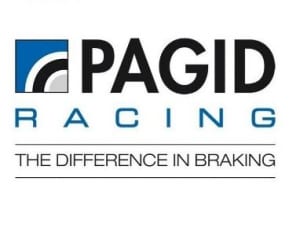
Wagner Brake Pads
Wagner brake pads are recommended for everyday driving. Specially manufactured using a low copper friction material, they contain lower levels of abrasive metal compared to metallic or semi-metallic alternatives. This lower metal content will result in reduced levels of wear to the vehicle’s brake discs.
Wagner brake pads offer:
• Low copper formulation
• Low dust, low noise
• Solid all-round braking performance
• 100% post-cured
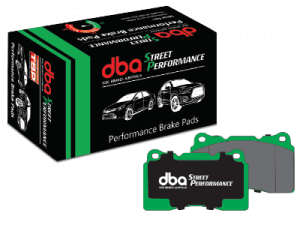
DBA Street Performance Brake Pads
DBA’s Street Performance (SP) brake pads have been designed for drivers seeking improved braking performance over traditional O.E. brake pads. DBA Street Performance is the next step up for all vehicles, developed to provide an effective friction response to pedal application and offer low wear and dust minimisation.
DBA recommend Street Performance brake pads for daily driver and performance vehicles, 4WD’s and SUV’s. They are also compatible with light commercial and trade vehicles.
DBA recommends using these brake pads with DBA T2 or T3 slotted rotors for optimum braking power.
DBA Street Performance part numbers are denoted by the suffix (SP).
Specifications:
• Semi-metallic friction material
• F-F class friction (0.35 average mu from low to high temperatures)
• Consistent friction at high temperatures
• Optimal braking consistency up to 438ºC (820ºF)
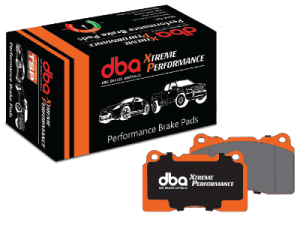
DBA Xtreme Performance Brake Pads
DBA’s Xtreme Performance brake pads have been designed for drivers seeking high initial bite and friction consistency from low to high temperatures. The XP range are for heavy duty applications, where higher friction levels are required, in order to safely brake under extreme conditions.
DBA recommends Xtreme Performance brake pads for street performance and police pursuit vehicles, as well as club track days, heavy towing and upgraded 4WD’s.
DBA recommends T3 slotted rotors in the 4000 & 5000 Series for best stopping performance.
DBA Street Performance part numbers are denoted by the suffix (XP).
Specifications:
• Semi-metallic, carbon fibre friction material
• G-G Class Friction (0.45 average mu from low to high temperatures)
• Excellent high temperature performance
• Optimal braking consistency up to 550ºC (1022ºF)
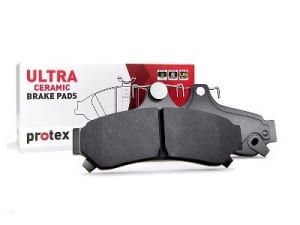
Protex Ultra Ceramic Brake Pads
The Ultra Ceramic Brake Pads are made from stable, high-quality materials. The low-dust ceramic formulation helps lessen the environmental impact, while noise-absorbing technology creates quieter braking.
With strong resistance to fade, these brake pads can be used straight from the box without having to bed them in, saving on fitting time. This is thanks to an optimised surface, created by heating the pads to a high temperature at the factory to remove remaining gases or resins – so you can have top braking performance immediately.
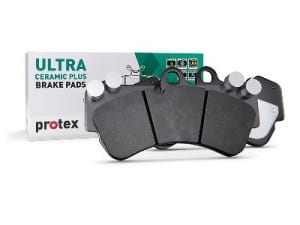
Protex Ultra Plus Ceramic Brake Pads
These high-quality brake pads contain zero copper, providing less environmental impact without compromising performance.
The ceramic formulation is stable even at very high temperatures and creates less dust, while the multi-layered metal shim includes an additional adhesive layer to minimise vibration and prevent brake noise.
Ultra Ceramic Plus Brake Pads come with synthetic lubricant and mounting hardware, where required.
Like all Protex brake pads, this product can be used straight from the box, saving on fitting time. This is thanks to an optimised surface, created by heating the pads to a high temperature at the factory to remove remaining gases or resins.
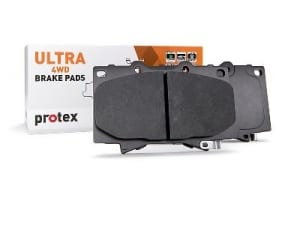
Protex Ultra 4WD Brake Pads
Designed to withstand the challenging conditions of Australia’s tough terrain, the versatile Ultra 4WD Brake Pads are also suited to everyday driving.
The high-end ceramic formulation helps reduce dust and contains no copper, which is a better choice for the environment – particularly with off-road driving, since copper is damaging to our waterways. The multi-layer metal shim helps absorb noise for quieter braking.
Like all Protex brake pads, this product can be used straight from the box, saving on fitting time. This short bedding-in time is thanks to an optimised surface, created by heating the pads to a high temperature at the factory to remove remaining gases or resins.
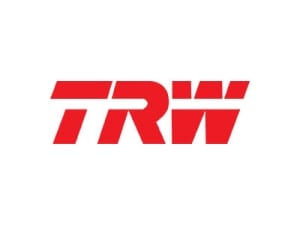
TRW Brake Pads
Noise Free Braking – All TRW brake pads are supplied with a rubber composite shim as standard. If the OE pad was fitted with a metal shim, then that will be included also.
Easy Bedding In – All TRW brake pads are scorched at 650ÁC to ensure optimum braking performance is achieved as soon as possible. The unique scorching process eliminates initial fade and reduces “bedding in” time to a minimum.
No Brake Fade – TRW brake pads achieve the same fade behavior as OE brake pads. (Tested from 90% of the vehicles maximum speed over a series of consecutive stops)
Good Pedal Feel – Due to the compressibility of the friction material – 2% when cold, 4% when hot, i.e. 500ÁC.
High Performance in ALL braking conditions – Friction performance of TRW non-asbestos brake pads must be within a tolerance band of +/-15% of that exhibited by the OE pad.
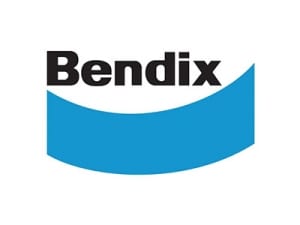
Bendix Brake Pads
Bendix offer a large range of pads to suit most vehicle applications from the General CT for everyday driving, 4WD SUV and Heavy Duty for 4wd and commercial vehicles, to the Ultimate and Street Road Track for high performance applications. With most pads utilizing the Blue Titanium Strip, bedding in is a breeze.
Put your foot down with confidence.
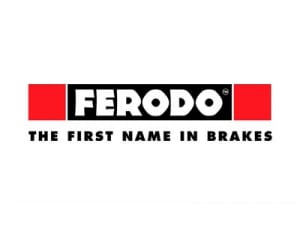
Ferodo Race Pads
Ferodo DS2500 Street/Track
The DS2500 has a friction level of approximately 0.50 this remains constant at any speed and at any temperature that the brake system is working at. The DS2500 compound is designed for racing applications thanks to its excellent speed and temperature sensitivity characteristics.
Ferodo DS3000 Race
DS3000 is the FERODO RACING compound that has set the braking standard from race one back in the 1998 season. DS3000 has contributed to countless wins and podium positions in many Touring cars and GT championships around the world.
When using this material with light inertia racing cars, as a general rule, it is necessary to apply less brake pedal pressure than you would normally expect. This will avoid over-braking and generation of excessive heat in the braking system and discs.
